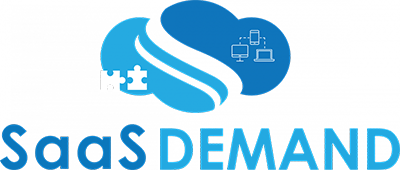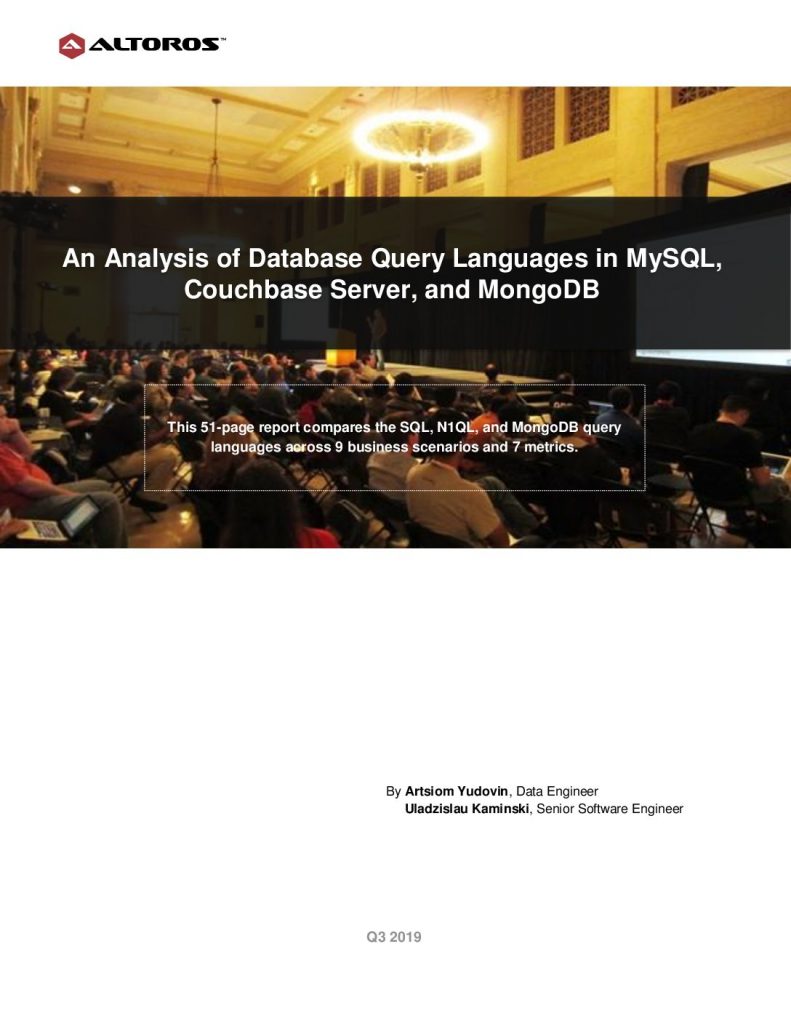NoSQL Document databases are challenging conventional RDBMS thinking with regard to scale, flexibility and performance. The question remains, do their query languages address the needs of developers as well or better than tried and true SQL? This report takes the query language challenge to Couchbase and MongoDB using MySQL as the reference baseline. This report from independent firm, Altoros, uses 7 different criteria to evaluate Couchbase N1QL and MongoDB Query against MySQL’s SQL.
The criteria scores each language according to how simple, readable, expressive, and flexible they are, and then whether skilled resources are readily available; how many lines of code must be written per query, and finally, when the query runs, how many application-to-database trips must be made before it completes. The article concludes by recognizing that declarative languages are preferred over procedural ones, which in turn helps limit performance drains during execution, and that familiarity with SQL, especially including unambiguous support for JOINs, makes the utility of N1QL stand out above MongoDB.






